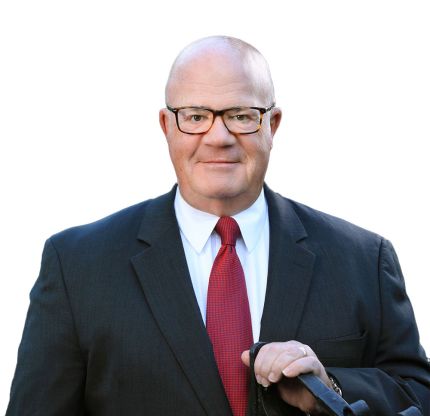
Don’t Confuse Me With Your Facts
Apologists must be aware of 4 generally accepted fallacies:
-
Consumers think in a well-reasoned rational way
- In fact, emotions are closely interwoven with the reasoning process. Most often they are dominant.
-
Consumers can readily explain their behavior and thinking
- 95% of our thinking is unconscious. Our rational mind serves mainly to make sense of behavior AFTER it is executed
-
Consumer’s memories accurately represent their experiences
- In fact, consumers memories represent what they think about their experiences not the experiences themselves
-
Consumers think in words
- We think in terms of images. If I say the word “dog” you do not call to mind a biological description of a dog. Instead, you bring to mind a picture of a dog. And your dog is likely to be different from my dog
We Make Choices With Our Emotions…
We Explain Those Choices With Our Intellect
So we THINK consumers make choices and decisions with their rational faculties when, instead, they make them with their hearts. We think (and, frankly, they think) they draw an imaginary “pro” and “con” chart and make the best decision based on The Facts. When, in fact, they are rationalizing a choice already made in the subconscious.
Our emotions, by definition, are unconscious. So, our challenge, as an Apologist, is to speak to those emotions. So, never argue the facts, the evidence or try to be rational. The doorway to this soul is stories. And, if you have been in practice for long, you have lots of stories.
Your objective is not to persuade but to challenge their thinking. My friend, Bob Speaks, insists on sharing all options with every customer. I think this is why he is effective. His professionalism dictates that he enable people to make informed choices by understanding all their options. Epiphanies are not uncommon and you know this because you experience the same thing when people say to you: “We didn’t know we could do that.”
The arrangement conference is not the best place for these conversations because it is typically emotionally charged and barriers tend to be up. But, that is the hand we are dealt. This is where the risk comes in. But, let’s assume you are working with a family that is resistant and closed. What have you really got to lose? Most likely they don’t like you any way. The damage is done so how is “damage control” going to help? Why not stand up for yourself and share what you believe?
On the other hand industry veterans often recognize resistance as a challenge they need to rise to.
VIPS:
Valuable, Important, Permission, Story
My friend, William Bonacorda, shared a concept with me I have found works in awkward situations. In a situation where two parties might disagree and there is resistance and tension I have learned to remind myself of these 4 steps.
Valuable: Acknowledge that their perspective is valuable and, in fact they are valuable. “You know, a lot of people feel that way and even though I am in the profession I can relate. I appreciate your sharing your viewpoint.” Is a good opener.
Important: Acknowledge that the topic is important, not only to you and them but to their family and friends. “Even though more and more people are choosing alternative services it is important that we work through the issues and understand WHY we make the choices we make. Since we only get to make these choices once, it is important that we at least become aware of the options available to us.”
Permission: Ask permission to share. Most will say yes, but if they say no, then that’s it. “Would it be ok if I shared why I chose this profession? I get a lot of personal gratification from helping families and I feel that if I could share that people might understand me better.” You have personalized the issue in this case. You have also made yourself vulnerable which many people will interpret as trustworthiness. Which, hopefully, you are.”
Story: This is where I put them in the picture by telling stories; and you have hundreds. “I chose this profession because I think it makes a very significant contribution to society. When a death occurs people, including friends and coworkers, are often stressed. They don’t know what to do. They anticipate it will be expensive… and it can. But it doesn’t have to be. They worry about losing emotional control.
My job is to bring order out of this chaos and restore a sense of dignity. It saddens me that people are choosing to avoid it all, not because it is my livelihood but because we are wired to need human interaction in times like these. And I get to see families and friends every year that have to suffer the consequences of poor choices. In times of stress people need the comfort of others. Both physically and emotionally. We need to be touched and we need to touch others. Let me give you an example, [fill in your own story].”
It is not my intent to create a script. But I have found this process effective. I know many of my readers have found effective techniques or approaches and it would be appreciated if you felt like sharing.
Funeral Apologetics 101: Stop Clinging To Your Despair
Funeral Apologetics 101A: 8 Principles of Successful Optimism
Disenthrall Yourself of Your Dogma
Our Blogging Expert

Business Consultant / Owner
Popular Articles

